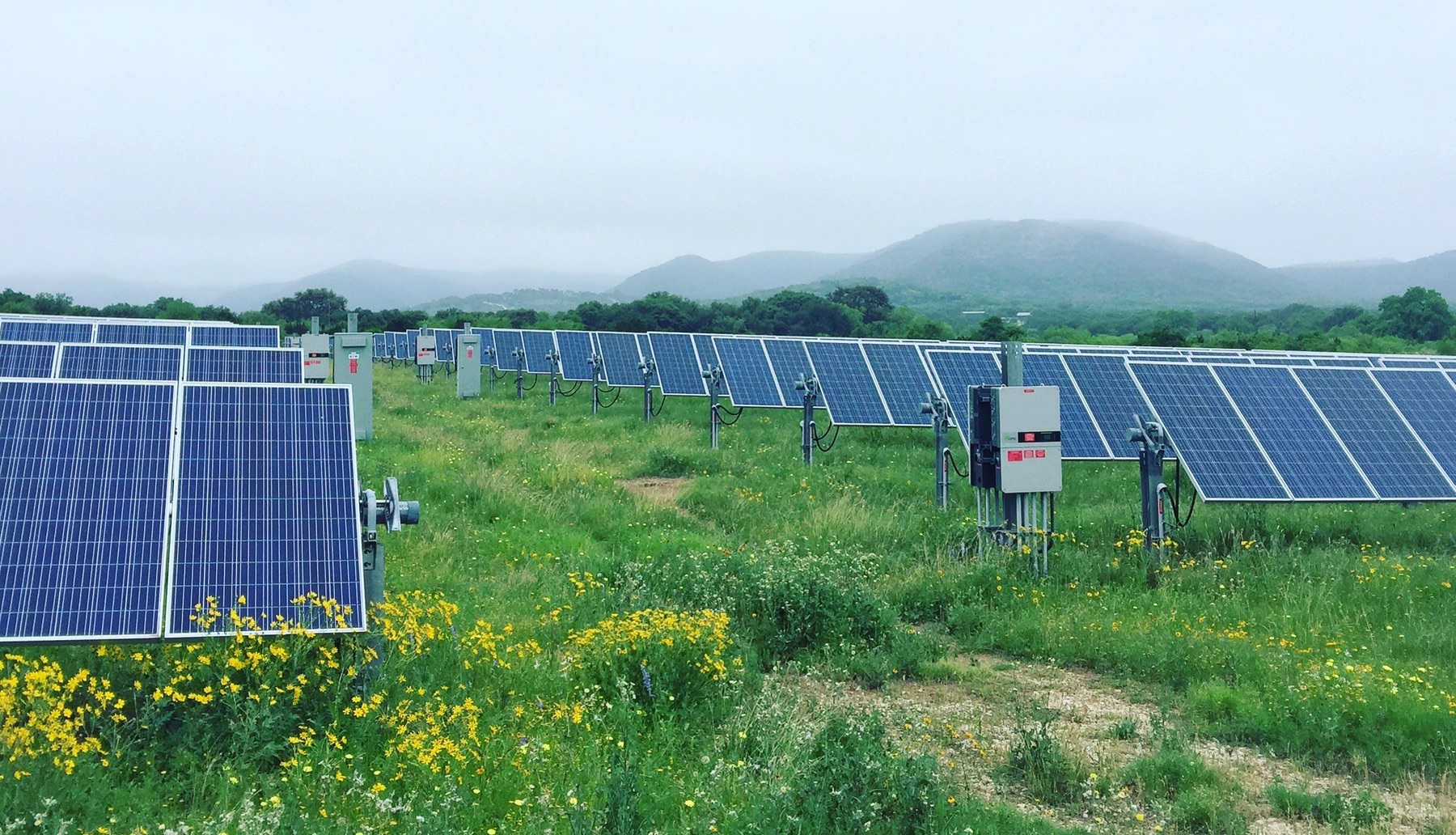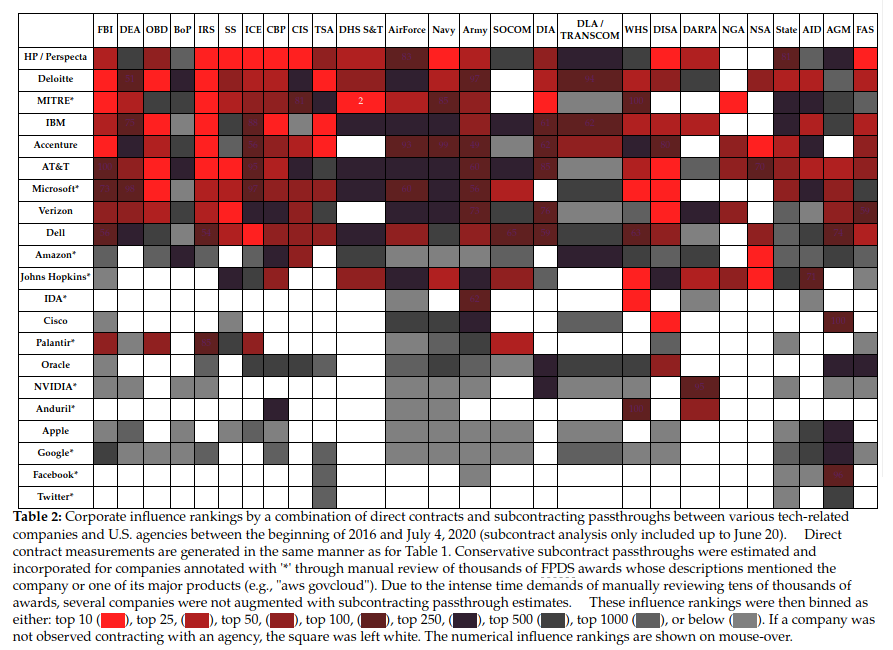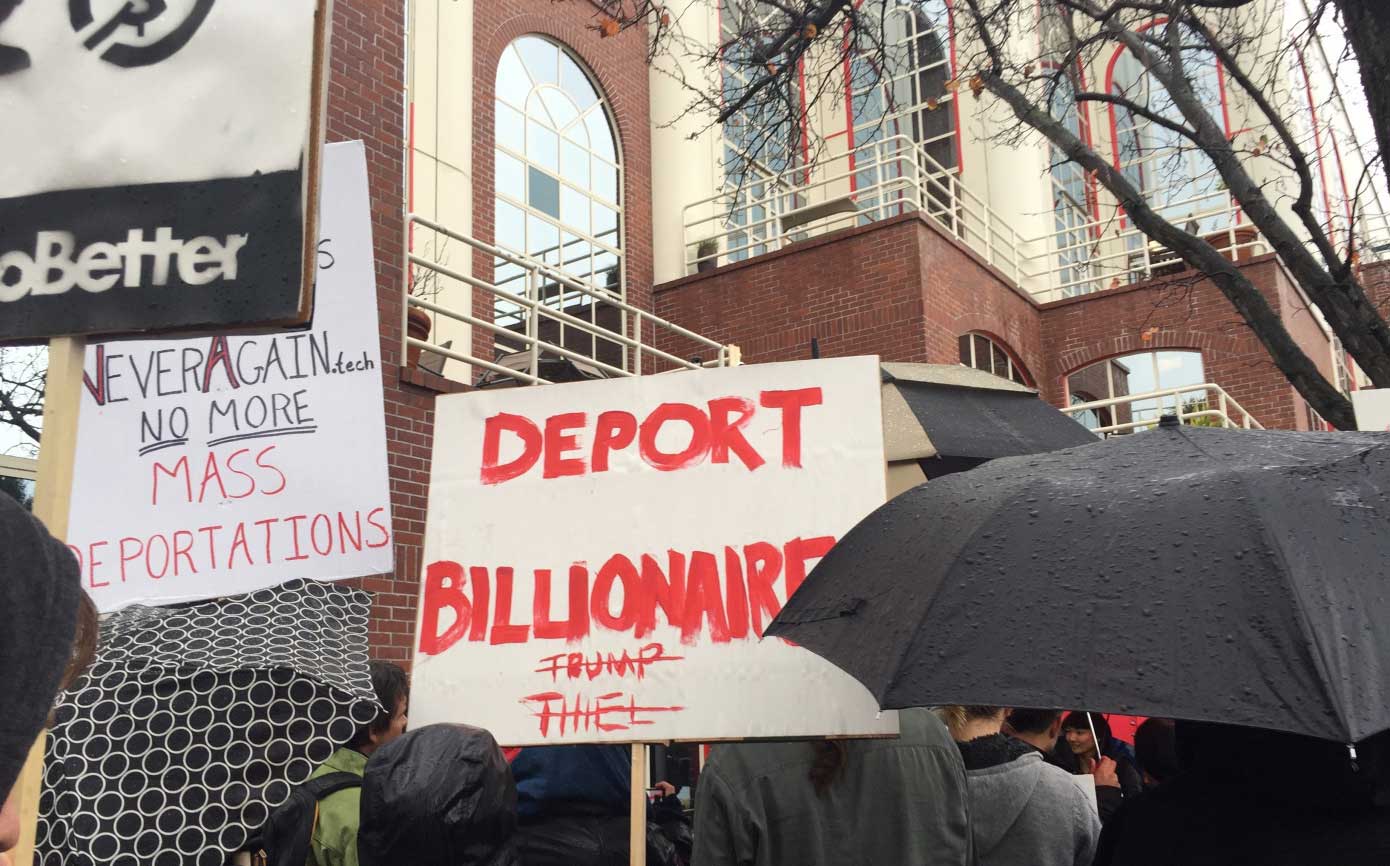Issue 16: The Worker's Perspective on 2020
01 Jan 2021
For our last issue of 2020, we collected excerpts from the worker’s perspective throughout the year. Together, these quotes paint a picture of the good, the bad, and the ugly in tech labor organizing, all from the worker’s perspective. We also made a playlist! And to start 2021, we invite you to help us launch a new interview series that will foster relationships between workers building tech, using tech, and being used by tech.

This toaster refused to build tech for surveillance and warfare.
2020, from the worker’s perspective
Since May 1, 2020, we’ve published 15 issues featuring the worker’s perspective – and, for the sake of diversity, a holiday message from [TECH COMPANY CEO] phoning it in while vacationing in an economically destablized country.
Below are excerpts from stories told by our fellow workers:
Kim Tran, an anti-oppression organizer and reluctant diversity consultant, in An Invitation to Agonize:
On bad days, I remember my hometown and struggle to imagine how helping tech diversify its employee base, or decrease microaggressions, is anything other than putting lipstick on a pig.

A Black Lives Matter protest in San Francisco organized by 17-year-old Simone Jacques / Source
Kaylen Sanders, a data analyst, in No Justice, no Peace, no Tech for Police:
My company’s CEO recently sent out an email affirming that Black Lives Matter. An anti-racist book club sprung up among my coworkers. On Slack, we shared strategies for learning to listen with empathy. These are all good things. But they’re not necessarily hard things … Beyond book clubs and Slack chats, I also don’t want to be afraid to call out the symbiosis between racism and capitalism. It’s so easy for me to share info about empathetic listening, but what about sharing a passionate defense of looting? How can we have discussions at work about racism without talking about the fact that no one on the executive team is a person of color?
Pamela, a former marketing strategist at a creative firm, in No Justice, no Peace, no Tech for Police:
My boss (who is white, American) wanted to put out a company-wide statement on donating money to a cause. It was horrific. Tone-deaf, convoluted, self-aggrandizing, and potentially a little offensive. It was then passed to me to look it over because ‘I’m a good writer’ (read: black).

A solar farm in rural Texas / Source
R.K., a controls engineer, in Leaving the bubble for Texas:
I’m in Trump Country now, where social conservatism and even white supremacy run deep; but on the flip side, the possibility of a rural electricity co-op developing technology for a decarbonized grid outside the profit motive is something I’ve never come across at home, despite the Bay’s radical history.
Ari Laurel, a communications contract worker and organizer, in Beyond the Bread and Butter:
Overnight, a swath of full-time salaried positions in tech have suddenly become contract positions, while more marginalized people are winding up in the gig economy as ‘essential workers.’ And as jobs become more precarious, more people will want to join the protests. Capitol Hill’s reputation of being a neighborhood for six-figure earners in tech is changing fast, just like things are changing in the streets.

A table ranking tech companies by number of US agency contracts, 2016–20 / Source
Jack Poulson, a research scientist, in The Tech Companies Building Weapons for War:
As tech workers, we’re often assigned projects with little visibility into the intended uses. When I was an academic, the Department of Energy framed all work as ‘stockpile stewardship’ rather than weapons development, and DARPA sanitized data science problems to obscure their guiding light: increasing the lethality of battle networks. This helps keep workers focused on competing with each other, rather than organizing around what should even be built.
Roger Janus, a contract software developer, in A future worth planting for:
I used to feel like a discarded leaf blowing in the wind, but now I’m closer to a maple tree seed, flitting from season to season to spur new growth where I land. Granted, this cheery coping mindset can’t be chalked up to isolated self-improvement. As part of TWC Seattle’s TVC (Temps, Vendors, and Contractors) working group, myself and others researched, discussed, and made a website that documented the historical context of our precarious work.
Vikram Rojo, a product designer and writer, in Wages of Short-Lived Startups:
Retaliation is hard to challenge. I know this because my mother was wrongfully terminated eight months before her retirement after a dozen years of service. Women of color and disabled workers are easy targets for bad managers. My mother went to court and settled for a pittance. There’s a chart flying around Twitter about wage theft taking more than $35 billion from employees, but what happened to my mother and my friend also robbed them of their dignity and belonging.
Clarissa Redwine, a former Kickstarter employee and union organizer, in Listen: You Are Not Alone:
Almost exactly a year after Taylor called me up, he and I were fired for organizing. This was the week that management fired a third of Kickstarter United’s organizing committee. But the union was resilient and just months after we were pushed out, we won the union vote … I would say that the bread and butter of organizing is having meaningful conversations with fellow workers. The more we know about each other’s working conditions, the better we can fight for each other and for systemic change.

Tech workers protest in front of Palantir HQ / Source
Becca Lewis, an academic researcher and former tech worker, in White Supremacy in Silicon Valley:
Peter Thiel claims Silicon Valley is intolerant of conservatives, but what I suspect he’s actually noticing are the rumblings of the people fighting back.
Eddy Hernandez, a former Uber security engineer, in Don’t let Uber get away with it:
Prop 22 was part of employees’ performance and promotion reviews. How well did you execute on Yes on Prop 22? UX writers, designers, developers, marketing and policy folks were expected to aim all their efforts at getting a Yes on Prop 22. On top of that, internal messaging communicated an expectation of loyalty toward Uber above all else.
Raksha Muthukumar, an organizer, engineer, and Out in Tech mentor, in Telling The Truth About ‘Tech For Good’:
I heard from Black women about the fight against policing technology, Latina women about fighting Palantir’s ICE contracts, and from Meredith Whittaker about organizing an employee walkout after being retaliated against by Google for reporting workplace sexual harassment … the change they were talking about wasn’t merely a matter of building Tech For Good. It was about fighting against the system that our technology lives in.
Thank you again to everyone who was part of this effort in 2020. We steward this project in solidarity with you, our fellow workers in tech.
Our 2020 playlist
With so many songs featured in our 2020 newsletters, we decided to make a playlist to end the year. It includes some of our favorites, including an 1880s railroad protest singalong by the Anti-Monopoly Party, a picket line original by union member Gmac Cash, and a compositon by Vienna Teng who quit her engineering job at Cisco Systems to pursue music. We hope you enjoy our 2020 tech labor mixtape.
A new series for 2021
In 2021, we’re doing a series in collaboration with Data & Society featuring perspectives from people who work in tech, or with tech, and are experiencing challenges under COVID-19. For example, we interviewed a technician who installs wifi access points in hospitals. We’re looking for more people to talk with, and we need your help.
Do you know someone whose job has gotten harder, riskier, or just plain weirder during this pandemic?
Email your suggestions to twcnewsletter@protonmail.com with the subject line “New Series.”